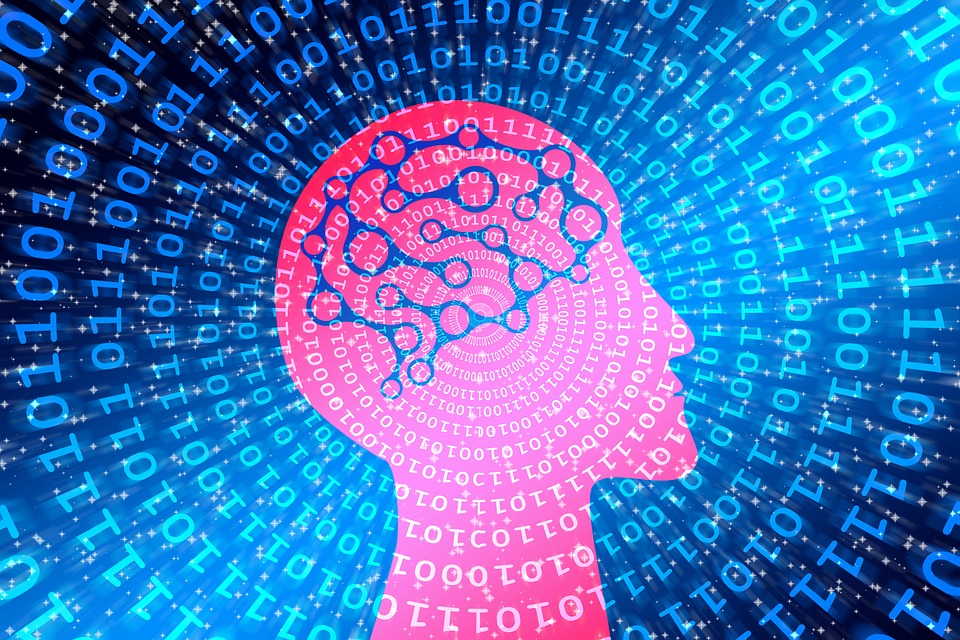Back in 2016, I was excited about the promise of artificial intelligence and machine learning. My iPhone was getting powerful enough to multitask and run enterprise applications. The app store was making its stride, and talk of artificial intelligence was taking hold as a possible real thing for any developer to use.
AI and machine learning are now commonplace

Fast-forward to today and AWS, Google, Azure, IBM, and many other tech companies have helped to democratize artificial intelligence. Nearly every person and organization is using AI in some way, as it works itself into every part of our daily lives. We ask computers to turn on the lights, play us music we might find interesting, and match us with the perfect job.
When it comes to AI and machine learning, we tend to hear the most common use cases in the news: self-driving cars, facial recognition, and home automation.
What we experience as consumers only scratch the surface of where this technology is and where it is going. For example, scientists are using AI to understand our universe, identify new possibilities to detect and cure disease, and engineers are using the technology to plan new cities.
If we want that level of technology to continue improving our lives (or, in some cases, find ways to suck more cash out of our pockets), then we need even more data and it needs to be connected. Some of that data is paper engineering diagrams gathering dust in the basement of city hall, disparate databases in custom applications, and paper books that are not stored electronically.
In order for AI to advance, we need all our content stored electronically. That content also needs to be categorized and related to other content. For example, it is one thing to have an electronic map of a city street. It is another thing to have every portion of that street cross-categorized with the pipes lying underneath, the street poles along the road, the types of properties that run along it and the average income of the people living in those houses.
What might all that data (and more) do for us? As they say, build it, and the ideas will come. Maybe the data can help with urban planning. Maybe it can improve the safety of a new construction project. Or maybe someone will think of something else altogether that we never thought about.
Consider Google Maps. While I may be incorrect in this statement, I am betting when Google was creating Maps; they did not initially see it as a hub for a self-driving car platform. When Apple created the iPhone and built the app store, they knew all the technology like GPS, a touchscreen, and sensors would be useful, but they probably never dreamt of the types of apps that are available today.
Introducing cognitive computing
If data and technology can bring information together, imaginative minds will find great new things to do with it.
Back in 2016, I had the opportunity to speak with Scott Abel (aka the Content Wrangler). As an author and leader in the content management space, Scott has watched technology for document management grow from little islands of data to searchable and categorized business-critical information. Scott has also been leading the cause for businesses and governments to embrace cognitive computing, a technology he believes will revolutionize every industry.
In today’s T-Suite Podcast, I share with you the original 2016 podcast, so you can see just how far we have (and in some cases have not) come. In the coming weeks, I will speak with Scott again to learn how far we have come and what the future holds.
Pertinent links from the Podcast:
Smart Machines by John E. Kelly III and Steve Hamm
Scott Abel on Twitter
The Content Wrangler group on LinkedIn.
